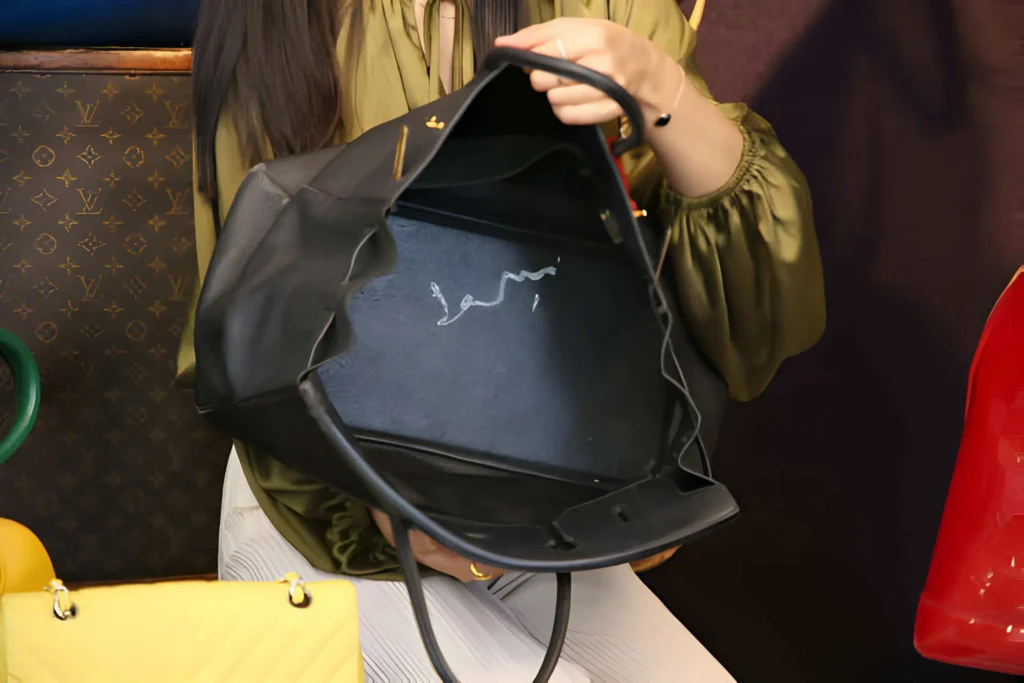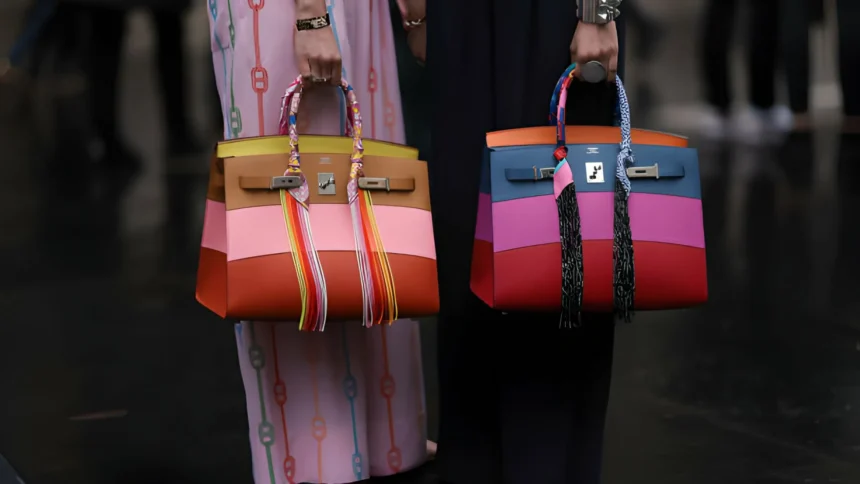Recent developments in the legal world, the fashion-forward company Hermes is embroiled in a class-action suit in California. The lawsuit, which fashion lovers filed, highlights Hermes claims of discriminatory practices in the sales of its highly sought-after Birkin bags. Let’s explore the details of this controversy and the claims, implications, and broader debate surrounding luxury consumption.
The Allegations on Hermes: Exclusiveness at a price
The case’s core is Hermes’s alleged refusal to offer Birkin bags to customers unless they buy more expensive products. The plaintiffs claim that this policy entices customers into spending more than they need, efficaciously mandating tens of thousands of dollars in accessories to gain the possibility of purchasing the Birkin bag. The policy, they argue, is discriminatory and violates the rights of consumers.
Case in the Point: Experiences of Plaintiffs
Tina Cavalleri, one of the plaintiffs, relates her unsuccessful endeavor to purchase the Birkin bag directly through Hermes. Even though she expressed curiosity, she was told that priority was granted to loyal patrons from the label, suggesting that a consistent level of financial support is the only requirement to be able to apply. Similar to the situation with Mark Glinoga, ‘s desire to purchase a Birkin bag was rebuffed by the requirement that she first invest in other Hermes products, further highlighting the controversial nature of the company’s sales methods.
The Birkin Mystique: Luxury Redefined
The famous Birkin handbag is in the middle of this legal fight, symbolizing sophistication and luxury. Built from the finest materials and adorned with the name of renowned actor Jane Birkin, these handbags represent exclusivity, with prices ranging from $10,000 to a staggering $1 million. Even with their high cost, Birkin bags remain elusive and are hidden inside Herme’s boutiques and available only to a select group of people deemed worthy by Hermes.

Legal Implications Antitrust Allegations
The lawsuit raises serious antitrust issues, claiming that Hermes’s sales practices raise the cost of its products by appealing to Birkin bags to increase the sales of other ancillary products. In allegedly requiring customers to purchase more to obtain access to the most sought-after goods, Hermes may be engaging in anticompetitive practices that impede the market and impede consumers’ selection. The result of this legal fight could have a profound impact on the luxury retail industry and its sales strategies.
What’s Next: Looking for Redress
As the litigation progresses, the plaintiffs seek damages that are not specified and ask others affected by Hermes, the company’s sales policies, to join in their cause. Beyond the financial compensation, this case will trigger a broader discussion about the rights of consumers, corporate accountability, and the ethical aspects of consumption at the top. No matter the legal outcome, the controversy over Hermes’s sales practices highlights the complex highlights interplay between exclusiveness, luxury branding, and consumer protection.
In conclusion, the case against Hermes shows the tension between exclusivity and accessibility in luxury retail. As the legal proceedings progress, all parties are waiting for the outcome that could change the standard of industry practices and protect the interests of consumers.



